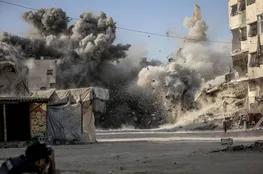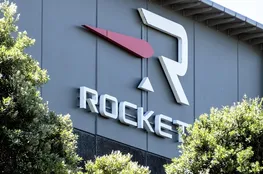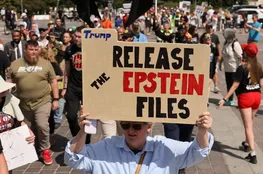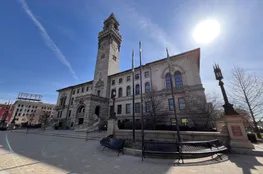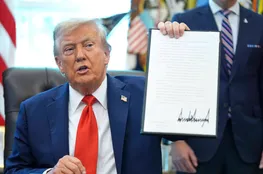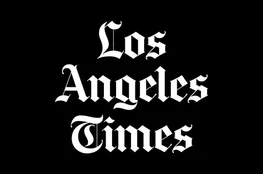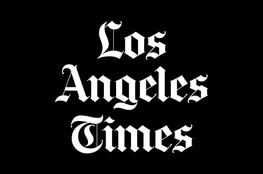A devastating Israeli airstrike on a multistory building in Beit Lahiya, northern Gaza, resulted in the death of over 90 individuals, including 25 children, as per Palestinian authorities. The Israeli military claimed the strike targeted a "suspected terrorist" and expressed confusion over the presence of numerous civilians in the area. This incident followed Israel's recent ban on the United Nations Relief and Works Agency for Palestinian refugees (UNRWA), igniting global outrage.
The United States labeled the strike "horrifying," with a State Department spokesperson stating the heavy civilian toll underscores the need to end the ongoing conflict. Additionally, the United Nations described it as one of Gaza's deadliest attacks in recent months. Palestinians voiced distress over the UNRWA ban, highlighting its critical role in providing healthcare, education, and food. Displaced Gazans emphasized the agency's essential support, fearing dire consequences without its aid.
Simultaneously, Israeli airstrikes in southern Lebanon resulted in 14 deaths and numerous injuries, according to Lebanon's health ministry. Prior attacks in eastern Lebanon caused over 60 fatalities, amid heightened military actions against Hezbollah beginning mid-September. This escalation has seen over 2,100 deaths and more than 10,500 injuries in Lebanon. Hezbollah's new leader, Naim Qassem, was announced following Hassan Nasrallah's death in an Israeli airstrike. While praised by Iran for potential resistance against adversaries, Israel regarded Qassem's role as temporarily strategic.
On another front, peacekeepers in the UNIFIL force in southern Lebanon suffered minor injuries from a rocket strike, attributed to Hezbollah, which damaged a vehicle workshop. This incident unfolded during a period of mounting tensions, as Israel's recent operations against Iran marked a significant strategic shift. Breaking a 40-year precedent, Israel openly acknowledged these strikes, prompting debates within Iran regarding necessary retaliatory measures to deter further aggression. Iranian officials, including Supreme Leader Ayatollah Ali Khamenei, initially minimized the airstrike's impact. However, deeper strategic discussions surfaced, focusing on whether to escalate military responses to prevent normalization of such incidents.
Experts noted Iran's concerns that a lack of response could embolden Israel's military actions. In the context of rising regional tensions, the plight of Palestinian evacuees captured global attention. Photographic evidence highlighted the harrowing experiences faced by evacuees in Gaza, specifically from the Jabalya refugee camp. An image showing displaced men, including a child, being detained and humiliated by Israeli soldiers became widely shared, sparking international condemnation.
Amid these developments, Hezbollah's leadership shift marks a significant transition. Naim Qassem, now leading after Nasrallah's assassination, brings a background of media engagement and authorship within Hezbollah's ranks. While Qassem commands respect within the organization, analysts suggest he may serve more as a coordinator among Hezbollah's leadership rather than an outright leader. This transition highlights Israel's significant impact on Hezbollah's hierarchy through targeted strikes on its leadership.
Israel's decision to ban UNRWA, a longstanding fixture for Palestinian refugee assistance, presents severe potential consequences for millions. The Knesset's approval of legislation significantly curtailing the agency's operations hinders essential support, amplifying the humanitarian challenges facing Palestinians under Israeli occupation. This legislative move, seen as revoking historical treaties allowing UNRWA's activities, raises serious concerns over humanitarian aid's future in affected regions.



